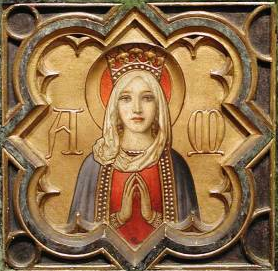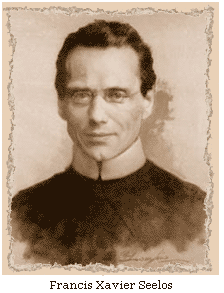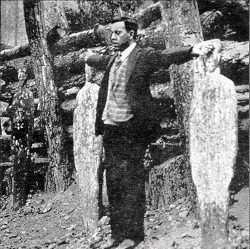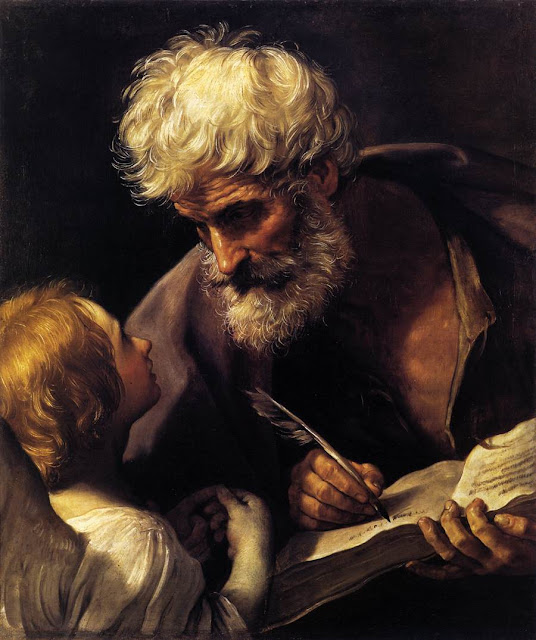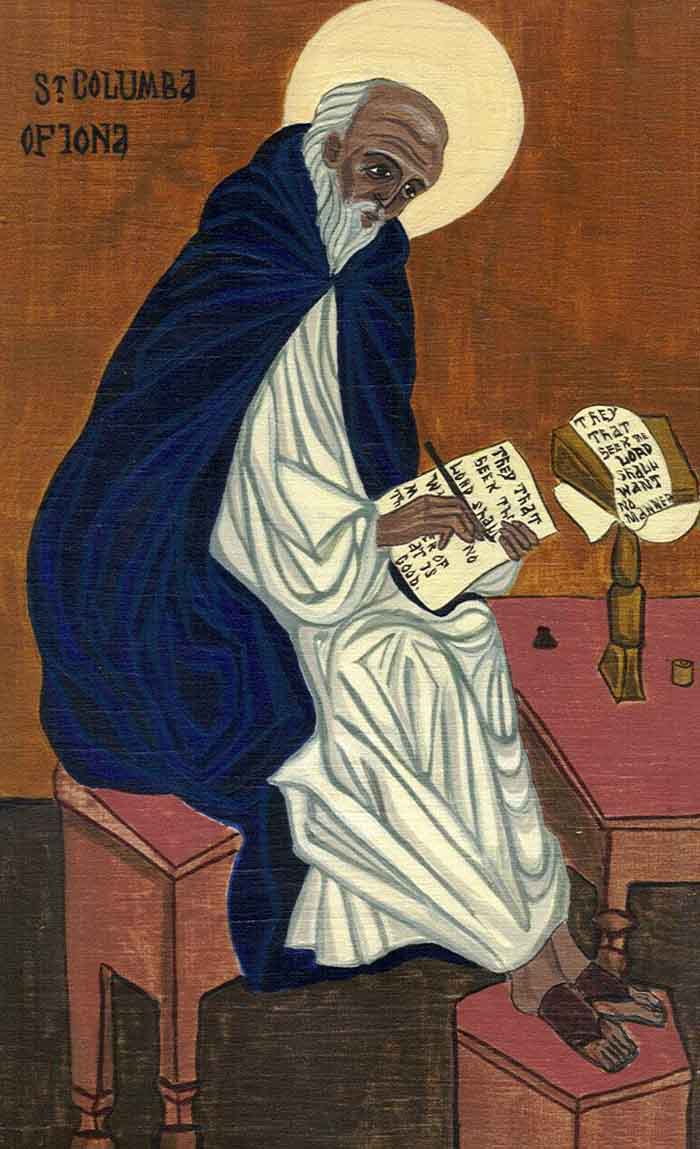The Conclusion of an Early Mexican Anglican Communion Office
I include this extract with the intention of pointing to one of many liturgical treasures in the Anglican Patrimony which we have barely begun to contemplate in the Anglican Usage of the Roman Rite. My hope is that someone will make use of my expertise in this area before my body is no longer able to communicate. There is a tremendous error in looking at the Anglican Patrimony and thinking it is all some scaled-back version of the Sarum Use. Quite to the contrary the Patrimony includes Mozarabic material prayed by Anglicans, prayers from the ancient Divine Liturgies prayed by Anglicans, and so much more just waiting to see the light of day again and be used to praise the Blessed Trinity in the blessed company of all faithful people.
Then shall the People, devoutly kneeling, say, with the Presbyter, the Lord's Prayer: OUR Father, Who art in Heaven, Hallowed be thy Name. Thy kingdom come. Thy will be done on earth, As it is in Heaven. Give us this day our daily bread. And forgive us our trespasses, As we forgive those who trespass against us. And lead us not into temptation; but deliver us from evil. Amen. | |
Then shall the Presbyter say: DELIVERED from evil, and ever established in what is good, may we have grace to serve Thee acceptably, O Lord, our God. Put an end, O Lord, to our sins. Give joy to the troubled, and health to the sick. Give peace and quietness in our time. Restrain those who would do us harm, and turn them to a better mind. And hear, O Lord, the supplications of us Thy servants, and of all faithful' Christians, both now and ever; through Jesus Christ, Thy Son, our Lord, Who liveth and reigneth with Thee, in the unity of the Holy Ghost, one God, world without end. Amen. Then shall the Presbyter say: Holy things for holy persons. And the People shall answer: One only is holy, the Lord Jesus Christ, Who is, with the Holy Ghost, Most High in the glory of God the Father. Amen. Then shall the Presbyter, kneeling down at the Lord's Table, say, in the name of all those who shall receive the Holy Communion, this Prayer following : O HOLY Lord, our God, Who hast said, Be ye holy for I am Holy; We come to this, Thy Table, in humbleness of spirit, trembling because of our sinfulness, but trusting in Thy manifold and great mercies. We hide not our sins from Thee; Heal us through the merits of the one sacrifice. Grant us, O Gracious Lord, our God, so to receive this holy Sacrament that, eating the Flesh of Thy dear Son, Jesus Christ, and drinking His Blood, we may receive remission of all our sins, be tilled with Thy Holy Spirit, and, in the world to come, attain the crown or everlasting life. Amen. Then shall be sung or said the following, taken from Psalm xxxiv.: O TASTE AND SEE. O TASTE and see how gracious the Lord is: blessed is the man that trusteth in Him. I will alway give thanks unto the Lord: His praise shall ever be in my mouth. | |
Then shall the Presbyter first receive the Holy Communion in both kinds himself, and proceed to deliver the same to the Bishops, Priests, and Deacons (if any be present) in like manner, and after that to the People also, in order, all devoutly kneeling. And when he delivereth the Host. he shall say: THE Body of our Lord Jesus Christ, which was given for thee, preserve thy body and soul unto everlasting life. Take and eat this in remembrance that Christ died for thee, and feed on Him in thy heart by faith, with thanksgiving. And the Minister who delivereth the cup shall say: THE Blood of our Lord Jesus Christ, which was shed for thee, preserve thy body and soul unto everlasting life. Drink this in remembrance that Christ's blood was shed for thee, and be thankful. Then shall the Presbyter say, the People all kneeling: WE thank Thee, O God, the Father Almighty, that Thou hast deigned to feed us, who have duly received these Holy Mysteries, with the spiritual food of the Body and Blood of Thy Son, our Saviour, Jesus Christ; Grant that this may be to the healing of our souls unto life eternal; through the same, Thy Son, Jesus Christ, our Lord. Amen. And this: O LORD our God, Father, Son, and Holy Spirit, make us ever to seek and to love Thee, and may we have grace, through this Holy Sacrament which we have received, never more to draw back from Thee, but ever to do those things that are pleasing in Thy sight; for Thou art God, and beside Thee there is none else, world without end. Amen. Then may be sung Nunc Dimittis, or other suitable Hymn. Then shall the Presbyter (The Bishop if he be present) let them depart with this Blessing: THAT peace which our Lord Jesus Christ, when He ascended up on high, left to His disciples, be ever with you in all its fullness; |

